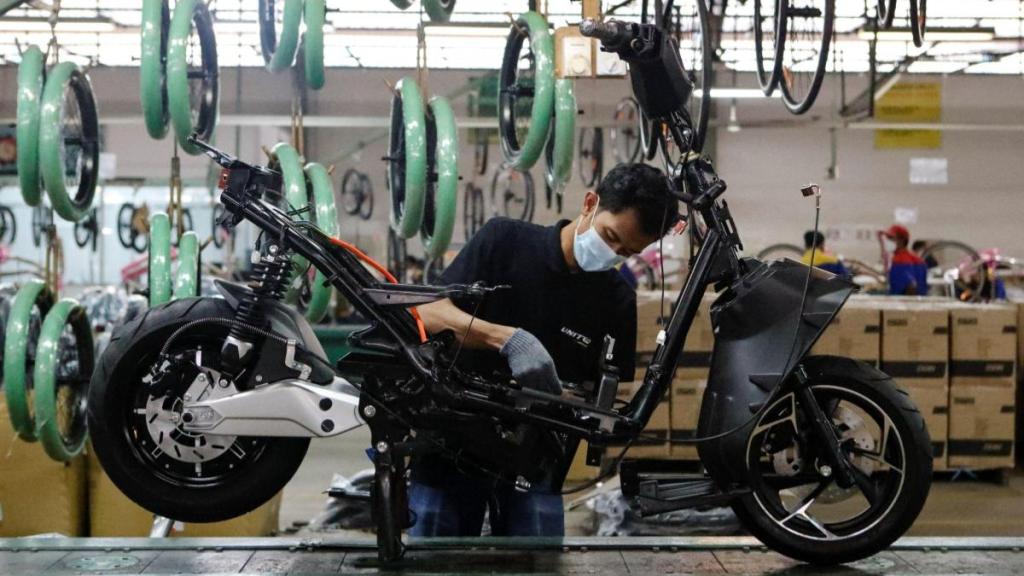With Vietnam’s VinFast having confirmed an electric vehicle (EV) manufacturing plant in India, and Tesla expected to follow suit in the months to come, the EV job market is expected to get a boost.
Sumit Kumar, chief strategy officer, TeamLease Degree Apprenticeship, told FE that the Indian EV market is expected to grow at a CAGR of 49% from 2022 to 2030, creating significant job openings. “By 2030, this expansion is predicted to lead to employment in battery manufacturing, design and R&D, charging infrastructure and services, and retailing, requiring millions of skilled individuals in direct and indirect roles,” he said.
These millions of job roles, however, aren’t with Tesla and VinFast, but more in the upstream and downstream of electric two-wheeler and three-wheeler companies.
Despite subsidy cuts and regulatory shifts, EV sales in India grew 41% in FY24, when total EV registrations surpassed 1.6 million, up from 1.1 million in FY23. According to Vahan portal of the government, the three-wheeler industry led the charge, with EV penetration in three-wheelers at 48.9%, followed by buses (6.1%), two-wheelers (5.4%) and cars (2.3%).
As far as types of job roles are concerned, Kumar said the positions include battery assembly operators, machine tool operators, maintenance workers, installers, mechanics, technicians, electric power line installers, and repairers. “The battery design and R&D sector will see the creation of higher-order skills, and job roles include battery engineers, chemical engineers, electronics and electrical engineers, software developers, as well as vehicle control systems engineers,” he said. “The highest-order job roles include data scientists, compliance and infrastructure specialists, as well as key roles in technical, sales and support functions.”
What to learn?
Students who want to apply for jobs in the EV industry must focus on skills such as battery chemistry knowledge, expertise in material science, knowledge of electrochemical, electrical & mechanical aspects, data analysis and AI, safety and regulatory compliance, environmental awareness, and proficiency in programming and automation tools.
“At any given time, there are over 20,000-25,000 open positions in the EV industry, spanning roles in R&D, manufacturing, sales and marketing, servicing, and ancillary functions,” Kumar said. “These positions cater to almost all qualifications, from ITI/diploma holders to BE/BTech, PhD graduates, and MBAs.
Training of students
A recent TeamLease report noted that traditional educational institutions may encounter difficulties in addressing the talent requirements of EV industry, and suggested strategies to bridge the skills gap:
Education and training programmes: Establish specialised programmes in collaboration with universities, technical schools and industry associations, covering skills such as battery technology, electric propulsion systems, software development and automotive engineering.
Industry-academia collaboration: Joint research projects, internships and guest lectures by industry experts.
Development of existing workforce: Workshops, seminars and online courses for current EV employees.
Apprenticeship: So that individuals can gain hands-on experience working with EV technologies.


